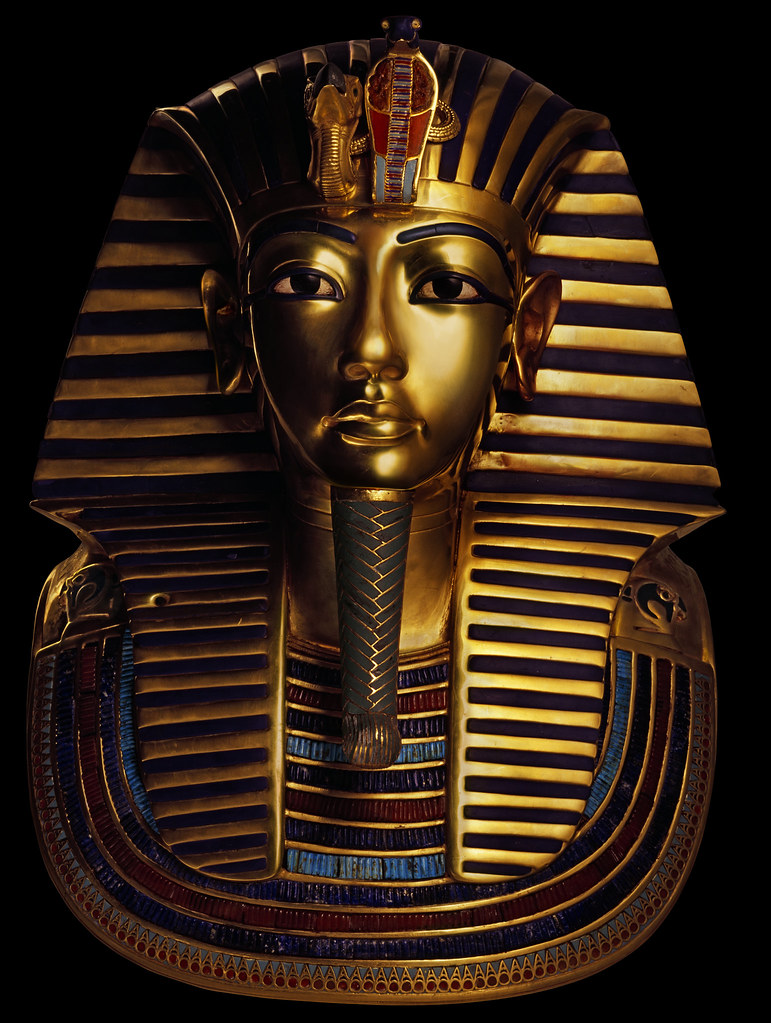On April 16th in 1457, the army of Pharaoh Thutmose III defeated a coalition of rebellious kings at the city of Megiddo. The battle, now known as the Battle of Megiddo, is considered to be one of the earliest battles to have a reliable, if biased, historical account, having been recorded by Thutmose’s military scribe Tjaneni. Thutmose III was the step-son of Hatshepsut, the first female Pharaoh in Egypt’s history. When Thutmose III’s father, Thutmose II, died his wife Hatshepsut assumed power and sent the then three year-old Thutmose III into the rigorous military and academic education expected of an Egyptian prince.
Hatshepsut was a very successful and effective Pharaoh and when she died Thutmose III was left in command of a huge empire. Unfortunately, right when Thutmose III ascended the throne the kings of Megiddo and Khadesh took the opportunity to rebel and make a bid for independence from the empire. This was apparently quite common at the time, but like most Pharaohs Thutmose III did not tolerate secession from this empire. He raised an army and marched toward the city of Megiddo, where the rebellious kings had gathered.
At this point Thutmose III was presented with a choice. He could lead his armies either onto one of two wide roads that would allow them to reach Megiddo quickly and easily, or he could take his troops into a narrow canyon where they would have to march slowly and in single file, with the rear guard reaching the battle nearly seven hours after the vanguard. Thutmose’s military commands informed him that they had reliable intelligence that there were enemy troops waiting in the canyon that would leave the Pharaoh’s armies with no way to retreat or fight in formation, decimating the entire force, and advised that he pick one of the two roads. To that, Thutmose III allegedly responded:
I swear, as Ra loves me, as my father Amun favors me, as my nostrils are rejuvenated with life and satisfaction, my majesty shall proceed upon this Aruna road! Let him of you who wishes go upon these roads of which you speak and let him of you who wishes come in the following of my majesty! ‘Behold’, they will say, these enemies whom Ra abominates, ‘has his majesty set out on another road because he has become afraid of us?’ – So they will speak. (Pritchard, 177)
THUTMOSE III, ACCORDING TO TJANENI
He picked the slot canyon. To almost everyone else, this choice seemed incredibly inadvisable, to say the least. Luckily for Thutmose III, the enemy generals had assumed that nobody would be brash and reckless enough to choose the canyon and had pretended to guard that path while actually dividing their troops between the two roads. The Pharaoh’s vanguard, with Thutmose at the head, came out of the canyon into enemy territory with no opposition, where they then stopped for a seven hour picnic break while they waited for the rear guard to catch up. In the morning, Thutmose III led the battle himself.
His majesty set forth in a chariot of fine gold, adorned with his accoutrements of combat, like Horus, the Mighty of Arm, a lord of action like Montu, the Theban, while his father Amun made strong his arms…Thereupon his majesty prevailed over them at the head of his army. Then they [the enemy] saw his majesty prevailing over them and they fled headlong to Megiddo with their faces of fear. They abandoned their horses and their chariots of gold and silver so that someone might draw them up into this town by hoisting on their garments. Now the people had shut this town against them but they let down garments to hoist them up into this town. (Pritchard, 179)
TJANENI’S ACCOUNT
Unfortunately, rather than pressing the attack the Pharaoh’s forces stopped to loot the treasure troves of fleeing enemies, giving the rebels enough time to prepare a defense of the city. The resulting siege of Megiddo lasted for eight months, although most historians now agree that had Thutmose’s army continued their charge the battle could have been over in a day. Nevertheless, the legend of how Thutmose III fought his way through a pass that should have been impossible to breach quickly grew and was heavily embellished, so much so that in the Pharaoh’s later military career cities would surrender before the battle even began just to avoid fighting the great Thutmose III.
It was on this day in 1457 that the rebel kings of Megiddo finally surrendered, returning control of the city to Thutmose. The peace terms were surprisingly lenient. None of the leaders of the rebellion were executed, the city was not destroyed, and all in all not much changed. The one big demand that Thutmose made was that the rebel leaders each give over one of their children to be held hostage in the capital, although by all accounts the heirs were treated with great kindness and received the same childhood of quality education and unimaginable luxury that Thutmose himself had. When the children grew to adulthood, Thutmose told them they were free to go and sent the heirs home to their kingdoms with rich gifts, along with a life-long respect for the Pharaoh Thutmose III.
Sources
- https://www.onthisday.com/day/april/16
- https://www.ancient.eu/article/1101/thutmose-iii-at-the-battle-of-megiddo/
- https://www.livescience.com/62614-hatshepsut.html

DECLAN
Former Editor in Chief of The City Voice, finally graduated City High Middle School as part of the Class of 2022.





